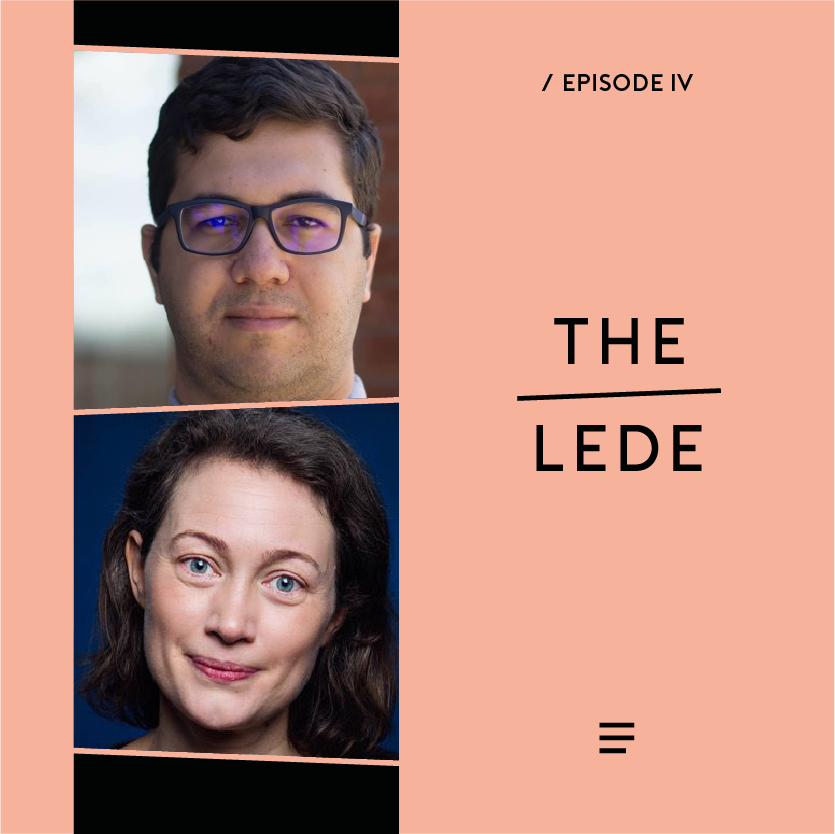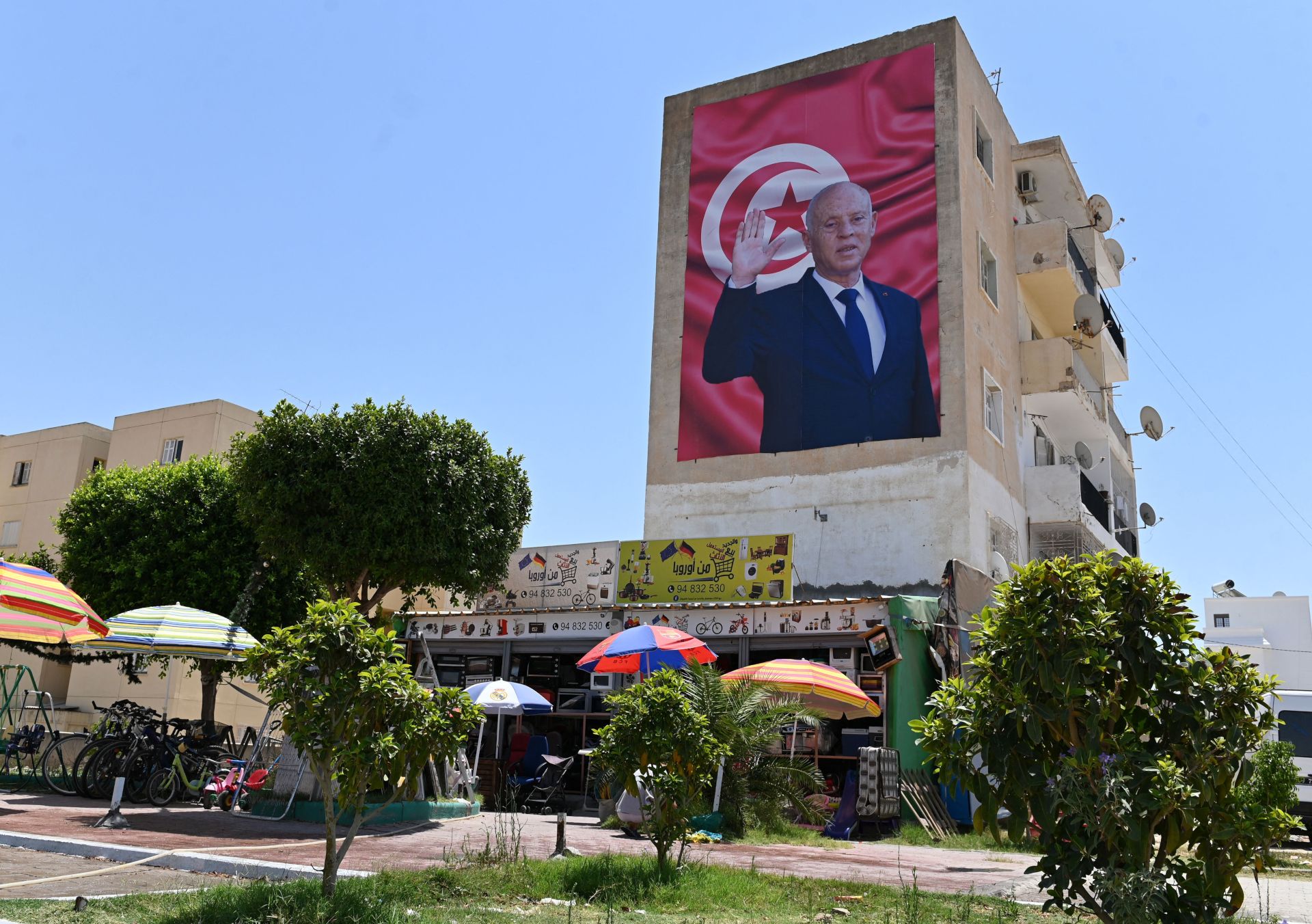Tunisia was the cradle of the Arab Spring, and had been hailed as its biggest success story. But President Kais Saied’s new constitution, narrowly approved in a controversial referendum last July, has changed that.
“Kais Saied has unchecked power,” Mohamed-Dhia Hammami tells New Lines’ Lydia Wilson in The Lede. “Even under Ben Ali, we used to have some sort of balances and checks. There are some people who even compare his power to the North Korean leader’s.”

“Kais Saied has unchecked power. There are some people who even compare his power to the North Korean leader’s.”
Saied ran for president as a political outsider in 2019, vowing to tackle ‘moral and financial corruption’. The country’s continuing economic crisis left many Tunisians disenchanted with the status quo, and Saied’s populist platform won him the election. Even as he suspended parliament and began ruling by decree in 2021, he continued to attract support. But, Hammami says, his latest move may have been a step too far.
“Those who supported the coup initially did not expect him to change the constitution,” Hammami explains. “That was never a serious demand.” In other words, many Tunisians may have been willing to support a tough demagogue, but an outright dictator is another story. “Saied is having serious problems consolidating his power.”
Produced by Joshua Martin


